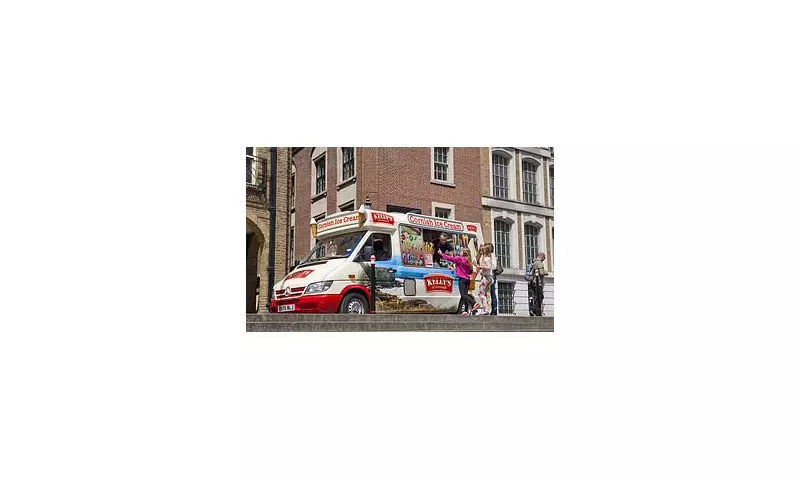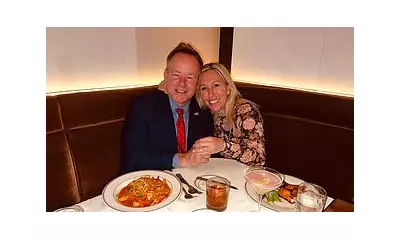
In a move branded as 'utterly ridiculous' and 'Scrooge-like', Westminster City Council is proposing stringent new regulations that could silence the iconic chimes of ice cream vans and ban them from operating near schools.
The controversial plans, outlined in a new public consultation document, would restrict ice cream vans from playing their melodic jingles for more than 12 seconds at a time. Furthermore, the vendors would be prohibited from trading within 50 metres of any school gate during pick-up and drop-off times.
The Council's Reasoning: Noise and Safety
The council justifies the proposed crackdown on two main fronts. It cites concerns over noise pollution caused by repetitive jingles in residential areas. Secondly, it points to road safety issues and traffic congestion allegedly caused by vans parking outside schools, potentially creating hazardous environments for children.
Vendors Fight Back: 'It Will Destroy Our Livelihood'
Ice cream van operators have reacted with fury and despair to the proposed measures. Many argue that the familiar jingles are an inseparable and beloved part of British summer culture and essential for attracting customers.
One seasoned vendor stated, "This will destroy our livelihood. The music is how people know we're here. Banning us from schools cuts off our most important trade. It's a massive overreach by a council that's completely out of touch."
Public Outcry and Political Backlash
The proposals have been met with widespread criticism from residents and politicians alike. Critics have lambasted the council for targeting a cherished tradition and a small business sector already struggling with rising costs.
Many have taken to social media, accusing the local authority of being 'killjoys' and 'Christmas Scrooges' for attempting to regulate such an innocent and joyful part of community life. The consultation is now open, allowing the public to have their say on the potential ban before a final decision is made.





